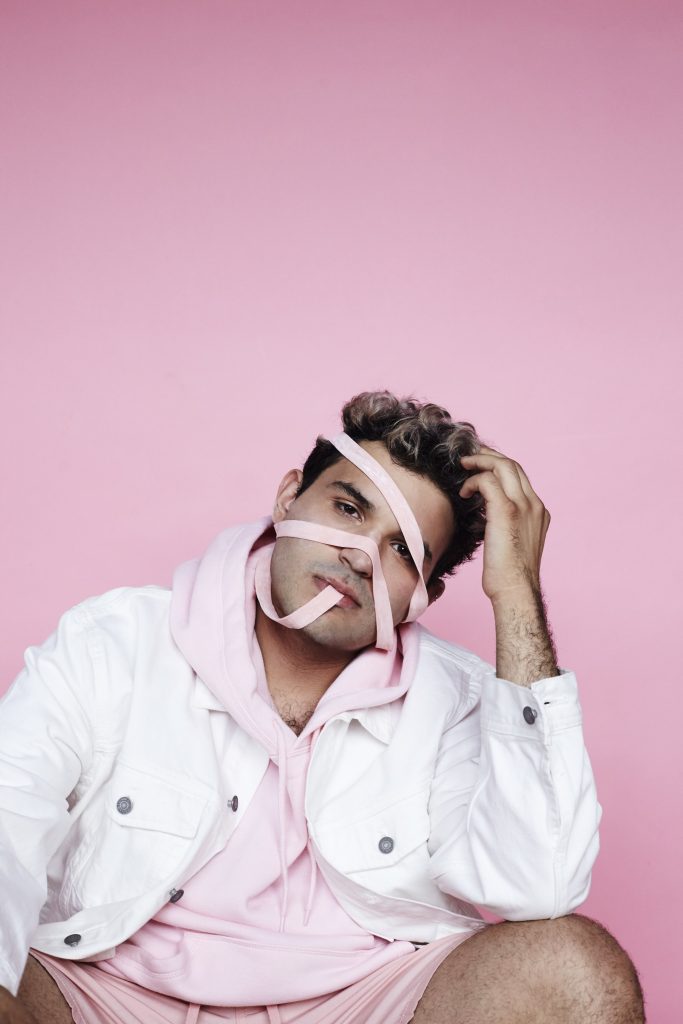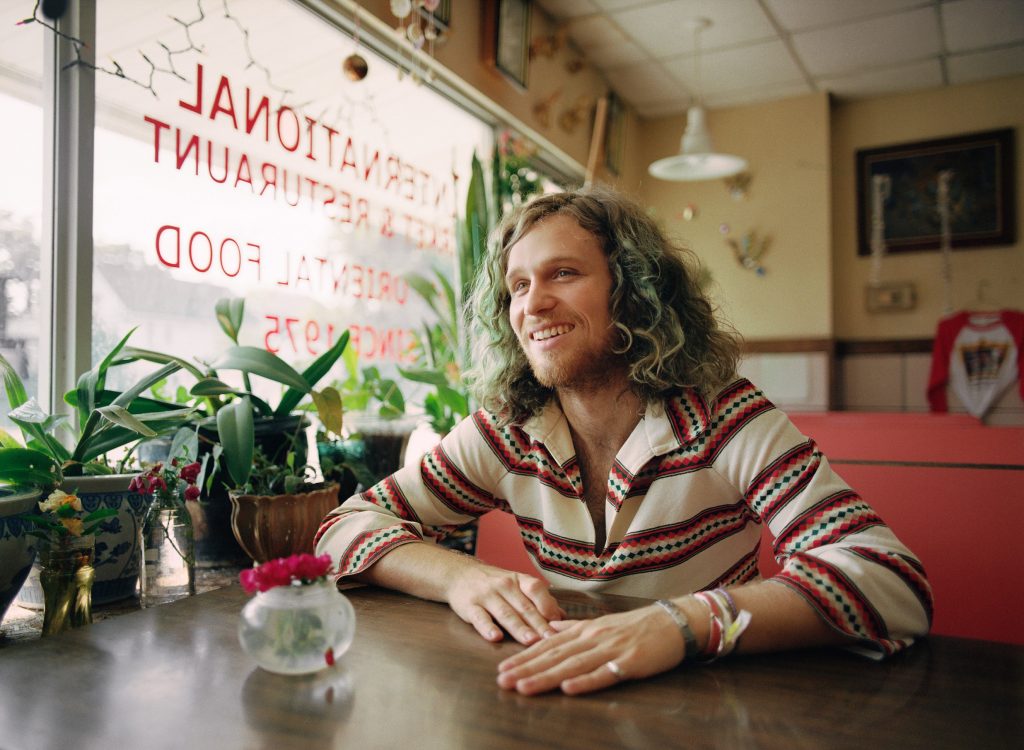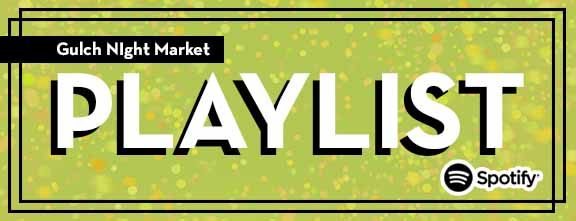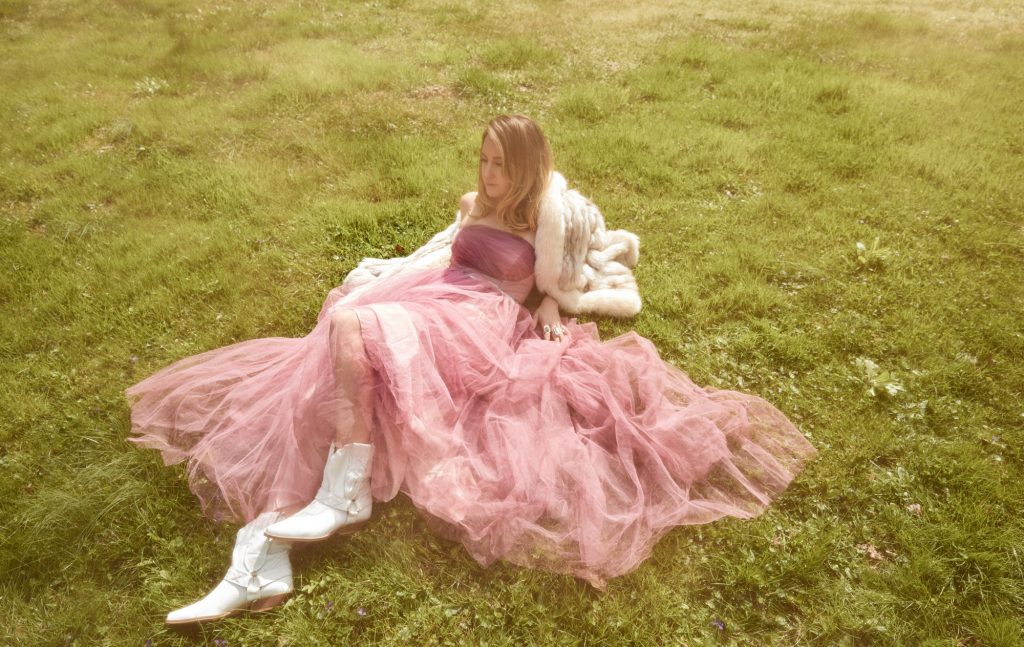
“Okay, so I really appreciate everything y’all have done, and I really like what we picked out before, but I saw this buffalo dress down at the shop this morning, and . . .”
It’s October 2014, and we’re already thirty minutes behind schedule shooting Margo Price. Along with fellow East-of-Music-Row songwriters Kelsey Waldon, Cale Tyson, and Angel Snow, Price is modeling a custom Manuel Cuevas suit for a NATIVE cover story on the Rhinestone Rembrandt.
Or she’s supposed to be modeling a suit. Cuevas tailored one especially for her, and it’s hanging on a rack next to me, ironed and ready to go. Price is the first model in today’s lineup, so a last-minute wardrobe change that will involve driving through downtown at lunchtime is not ideal.
But the buffalo, she pleads, is her spirit animal. Her family’s farm was in Buffalo Prairie, Illinois. Her old psych-rock band was called Buffalo Clover. We’ll make the buffalo dress fit. The buffalo dress will make the shoot. It won’t take that long to get to Manuel’s shop, and will you just look at this picture of it?
The next thing I know, Margo Price is riding shotgun in my Volvo as we drive down Broadway with a $5,000 dress in the back. While I’m driving, three things come to mind: (1) Margo Price is persuasive as hell, (2) This dress is going to make the shoot, and (3) I’m going to be hearing the name Margo Price a lot more often.
Since that shoot day, Price has released two highly acclaimed albums via Third Man; played Saturday Night Live; gone on tour with Willie Nelson (her own strain of weed will soon be offered at Willie’s Reserve, Nelson’s chain of pot dispensaries); and has been featured by The New York Times, NPR (in one of Fresh Air’s more surreal moments, she played a stoic cover of Kendrick Lamar’s “Humble” for Terry Gross), The Daily Show, and many more.
Through all of this, Price has emerged as one of those artists we talk about when we talk about “real” country. The sort of artist—along with Jason Isbell, Chris Stapleton, and Sturgill Simpson, her male counterparts in the Americana gallery of saints—that can’t help but stand as the perfect antidote for Music Row mundanity. She sings songs about corporate greed, the gender pay gap, and Reagan selling arms to Iran, over a sound that’s equal parts Stax soul, outlaw country, The Dead, and even ’90s R&B. “Huntin’, Fishin’, and Lovin’ Every Day” this is not.
While Price deftly tackled rural realism on much of 2017’s All American Made, she shines brightest when singing about something she knows all too well: crushing, soul-devastating loss. When she was a child, her family lost their Northern Illinois farm; one of her twin boys passed away as an infant; and her husband/co-writer/bassist, Jeremy Ivey, pawned their car and Price’s wedding ring to record her first album.
This morning, though, Price doesn’t look too downtrodden. She’s curled up on a couch in her new-ish Whites Creek home, hair in rollers, pajamas on, sipping coffee from a David Bowie mug (“Rebel Rebel” is appropriately printed just below the rim). There’s an organic, “hippie” pop-tart on the coffee table, and Pokémon is cued up on Netflix—remnants of her son, Judah, who’s now out back feeding the family’s chicks, Dolly and Loretta.
“It’s good to talk to you again, you know, while not riding around in your car,” she says with a smile—the same one that convinces people to drive across town for buffalo dresses. So with (slightly) more time than we had back in 2014, and in a setting that’s a lot more comfortable than a 2004 Volvo V50, Margo Price and I talk about success, happiness, and why you shouldn’t get too used to her playing country music.
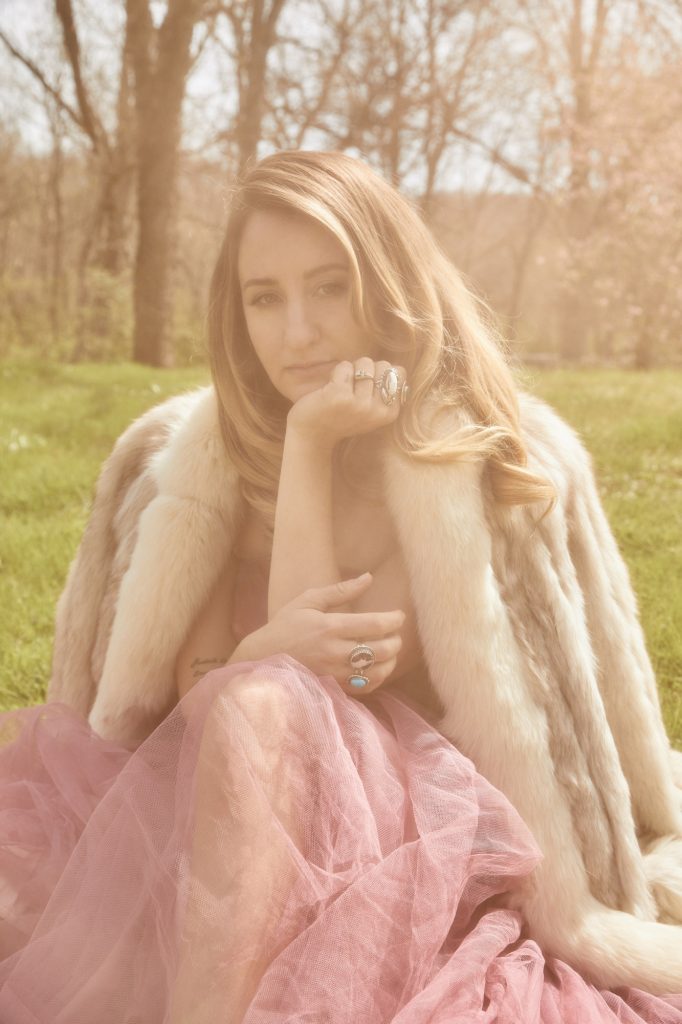
Your first album is this introduction to you that’s intensely personal. The second album took that personal and made it universal. Can you speak to what the new material you’re writing is like, and where it fits in those two worlds?
Well, we’ve already recorded one album, which was a concept record. I’m not gonna give away the subject matter or the genre, but we recorded that, and I’m just gonna sit on it. I’m gonna wait and maybe release it in, I don’t know, like ten, twenty years from now or something. It’s like when Neil Young will hold on to things . . . When you’re in your prolific period, I think it’s cool to just get as much out there and recorded as you can.
We’ve got that that we’re sitting on, and then we’ve started working on another project, and I also don’t wanna give away—it’s gonna be a little bit of a genre change. This second record, everybody was like, “Oh, it’s a political record.” For me, it was just kind of still talking about the world around me and how I see social issues. I definitely am not looking to put out another political record, but that being said, I am not gonna ignore things that I see. So there’s still gonna be everyday life. It’s hard to explain without just totally letting the cat out of the bag of what my next plan is, but I’m definitely looking at it like a chess game—and I know exactly where I want to move.
You’ve expressed admiration for Bowie and his reinventions before, and in The Fader you basically said, “Jury’s out on whether I continue to play country forever.” Do you think that that shift might be sooner than some would imagine?
I think so. I think that right now, the way that things have gone, country music is now kind of being exploited as this thing where it’s like everybody’s authentic, and everybody wants to be Americana, and everybody’s putting on a Nudie suit, and that’s fine . . . [But] some people are kind of fabricating these bands or these characters, so it’s like, “Oh here’s an Americana boy band, and here’s someone who’s traditional country, they’re so authentic.”
Well maybe, maybe not. But once everybody starts jumping on the bandwagon, it’s just gonna sink. Once you start homogenizing it and producing it, then the whole thing kind of loses its charm. I’m not saying I’m never gonna play country music again—I would never say that, because I love country music—but I think just for me, following the muse, I’m going somewhere else right now.
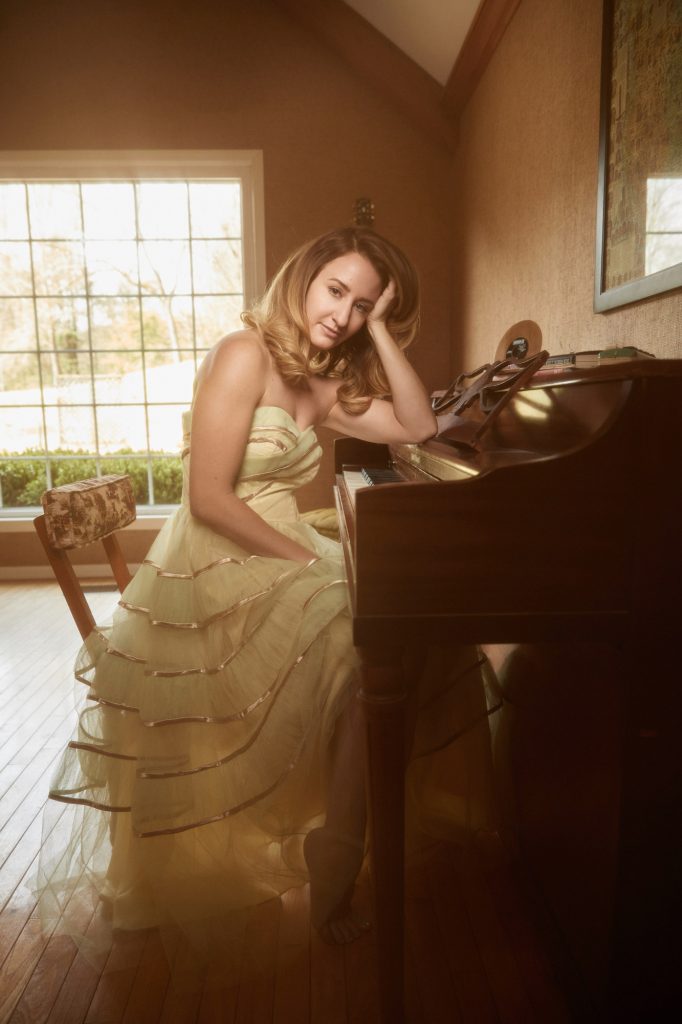
In your Daily Show interview, you mentioned being a role model for young women. Does that make you nervous about a misstep in your day-to-day life or your public life?
Well, I’m no paradigm of virtue—I definitely have made mistakes and will continue to make mistakes. I’m human . . . I’m trying to really stay down to earth, where I’m not selling sex, and I’m not focused on the look more than what I’m saying. I’ve got people that are like, “Oh, I’ll give you free Botox.” There’s so many temptations that come the longer you’re in this business, you know?
Sure. It’s that idea that you’re not ugly, you’re just poor.
Right, exactly! But I’m like, “Well, I like my face.” Of course when I was younger, I felt like I wanted to change so many things, and I always felt like my success was not happening because I wasn’t fitting into this mold of beauty. Because I grew up looking at people like Britney Spears and Christina Aguilera and all the boy bands. It was just all about being sexual and being beautiful. I want people to appreciate the things that come out of my mouth and not be concerned with how big my lips are.
This is a big question, but what is country as a genre—or as a mindset—to you?
I think the word country means something different to everyone else. To me, country music is just . . . the actual day-to-day commentary on everyday life. It’s about the truth, and the grit, and the sadness, and the ugliness, and all those things. Then you say country music to somebody else and all they think is trucks, daisy duke shorts, and beer. The word has really been kind of twisted so many different ways that I think sometimes it loses its meaning. For me, it’s just the stories of the people.
"I was raised to stand up for what you believe in, even if it’s hard—even if people are gonna call you names and scream at you. I want to be on the right side of history."
Speaking of that, you’ve said that you’re a fan of how Bobbie Gentry and Bob Dylan could write about the mundane and make it interesting. You also namechecked Virginia Woolf on All American Made, who’s also very, very good at that . . . How do we write about the day-to-day when everyone’s day-to-day gets weirder and weirder as this world gets weirder?
Exactly! Yeah, that’s a great point. Bob Dylan had that song called like “Clothes Line Saga” or whatever, and then there’s Bobbie Gentry’s “Ode to Billie Joe.” It’s about those things, but the more time goes on, the more different our day-to-day life becomes.
I was talking to Emmylou Harris about a year ago, and she was telling me about this article she read. It was like, “Country music is going extinct,” almost because of the lives that we lead, and because people don’t grow up at the end of a dirt road and don’t have to struggle as much. So it’s like, “Well, what are you supposed to write about? How you were raised in the suburbs and you had a cellphone at the age of twelve?”
But that was really kind of how All American Made started. It was like, “Well, I can’t just not talk about things,” because it’s so in our face. You turn on the TV, you read the paper, look at your newsfeed every morning, and you see social injustice, you see corruption in the government, you see people fighting, you see a country so divided. And unless you’re just completely numb to it and living in your cloud of white supremacy, it’s going to affect you. Me being a writer, I’m going to write about that, and I’ve probably alienated a few fans, maybe lost a few people along the way. But I think in the bigger picture of my career, that’s fine, because I don’t want fair-weather fans that only want to hear about drinking whiskey.
So I have a lot of mixed emotions about the world right now, and I’m just trying to sort it out myself. I don’t have any answers for everybody. I don’t know where we go from here. I’m not telling everybody they have to think like me . . . I’m just doing my best to make the right decisions for my child, and for the future of America.
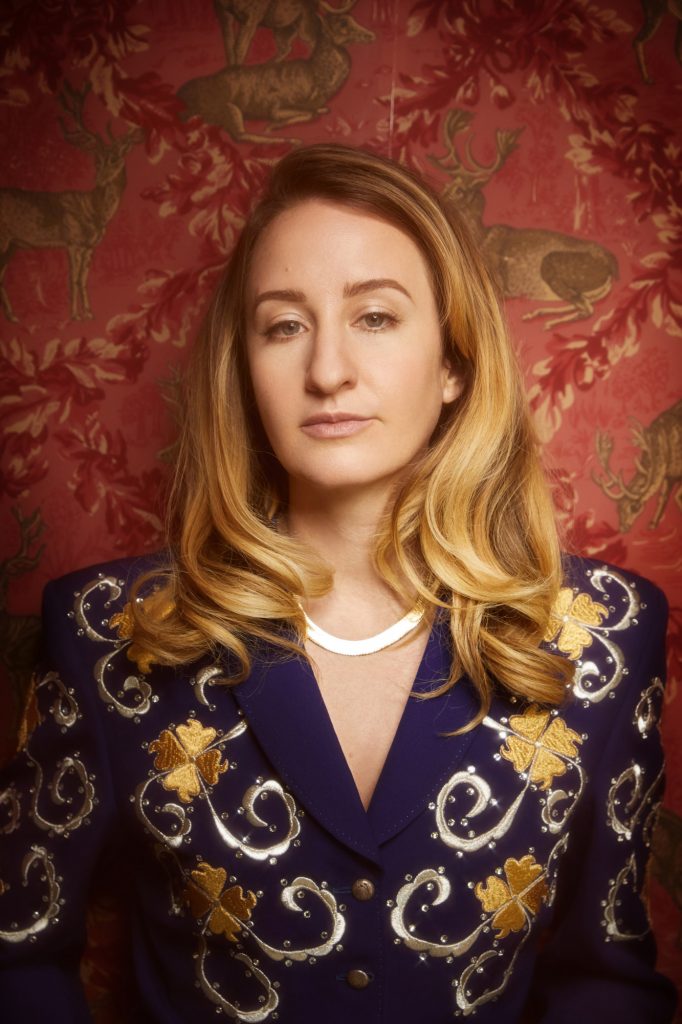
Do you think artists—even country artists—are obligated to talk about politics in this day in age, even if it’s through the filter of their personal life, like you do?
That’s a tricky question. People kind of voice their opinion by not voicing it, in a way. You say you want to remain neutral, that’s totally fine, but then what is the quote? It’s like, “Silence can kill an honest man by not speaking up” . . . I know a lot of people want to look at music as an escape, and it totally can be that, but—oh, that’s such a hard question. I don’t know. I think not saying what you stand for is kind of a vote for the other team. Ignorance is bliss.
Well we’ve seen that with—to bring up another Nashville artist—Taylor Swift. She’s caught a ton of flack for being silent on everything.
Yeah, I mean, if that’s how you want to go about it, then I’m sure you’ll be selling twice the records, cause you’re selling to this side, you’re selling to that side. But I never got into writing songs to make money . . . I’m not concerned about staying silent for a few extra bucks. I don’t know, that’s just the way I am. I was raised to stand up for what you believe in, even if it’s hard—even if people are gonna call you names and scream at you. I want to be on the right side of history.
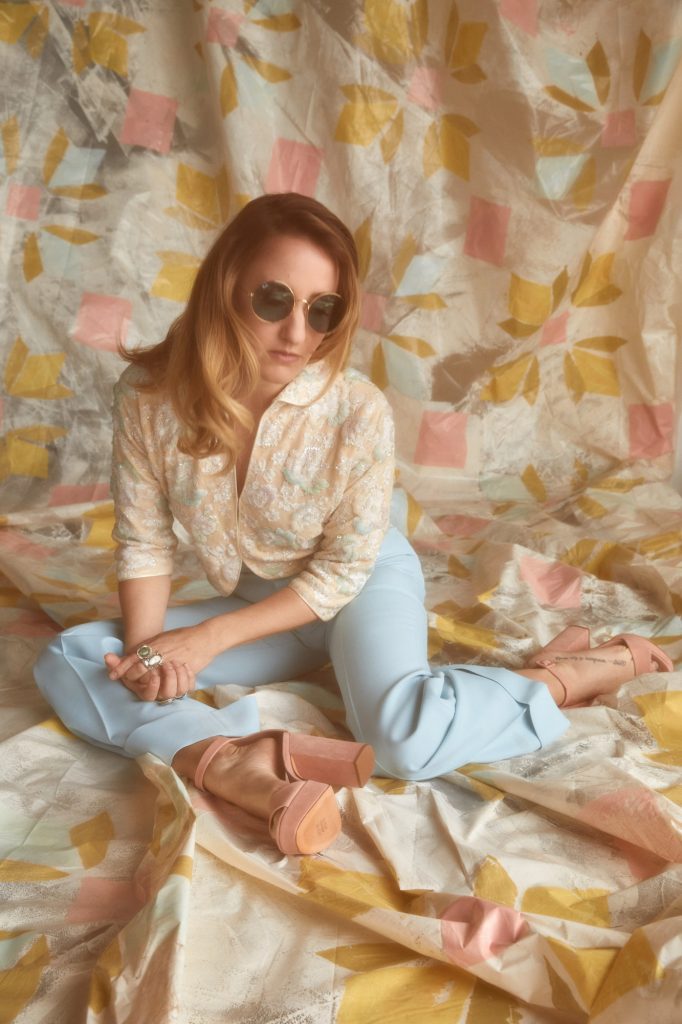
The familial, personal, and financial woes you’ve faced have been talked about by everyone from Terry Gross to The New York Times. Do you feel caged in by that narrative? Is it like that Waylon line? “Don’t ask me who I gave my seat to on that plane, I think you already know.”
Yeah, exactly. The more time goes on, and the more times I’m interviewed, it gets redundant. Sometimes I just wanna answer questions really sarcastically. But people love an underdog, and I think that was half of the appeal to everybody who was like, “Oh man, look at her, she was struggling. Now she’s doing great.” Everybody wants it to be a Cinderella story.
While it kind of feels like it is, I still have depression. It’s just a different set of problems now, you know? I don’t have a social life because I am working myself to death, I’m gone all the time, I barely see my kid, it’s hard to spend time with my husband and my family. But I’m happy that I’m able to do what I love. I think that yeah, I am done talking about the rags-to-riches story, though. It gets monotonous as hell.
What’s inspiring you right now? Where is that muse you mentioned earlier taking you?
Well, some of it is about having success and the problems that come along with that . . . It’s just a whole different world I’m living in now. I think being in the spotlight, and having people say things about you and tear you down like they know you when they have no idea, you know? It’s real different. I remember when I played SNL, I had never dealt with such internet bullying. Just people saying the most hurtful things. Yeah, that’s a part of it. There’s a whole world of new social circles and new things to be discovered—some good, some bad.
How do you deal with that? Because yes, to a certain degree you sign up for this when you put yourself out there. But at the same time, I don’t think it’s really fair to say that in this day and age, because “out there” is more out there than it’s ever been before.
I mean, all I wanted to do was sing songs. I never wanted to be famous—I never wanted that part of it. I just wanted to make a little money playing music. But people need idols, and people need people to look up to, and they also need people to tear down. It’s like they kind of build you up just to tear you down later. I’ve grown really thick skin, but it’s just confusing, because I just wanted to be an artist, I didn’t want to be a public figure. Now everybody wants to know what I think on every subject under the sun, and sometimes I don’t even want to comment about it because I get a little paranoid. I get a little scared that someone’s gonna show up and do something crazy, you know? Speaking out about things like gun control, my dislike for Trump and his wall, that makes people angry. I don’t know. It’s only a matter of time before I just quit even having any commentary on what’s going on, and I just support things maybe with my money. If I believe in a cause and I donate to it or something.
Would that be going against what you were saying earlier about silence being a problem with artists though?
I’m an enigma, what can I say? [laughs] I get it from both angles, but I guess time will tell—time will tell.
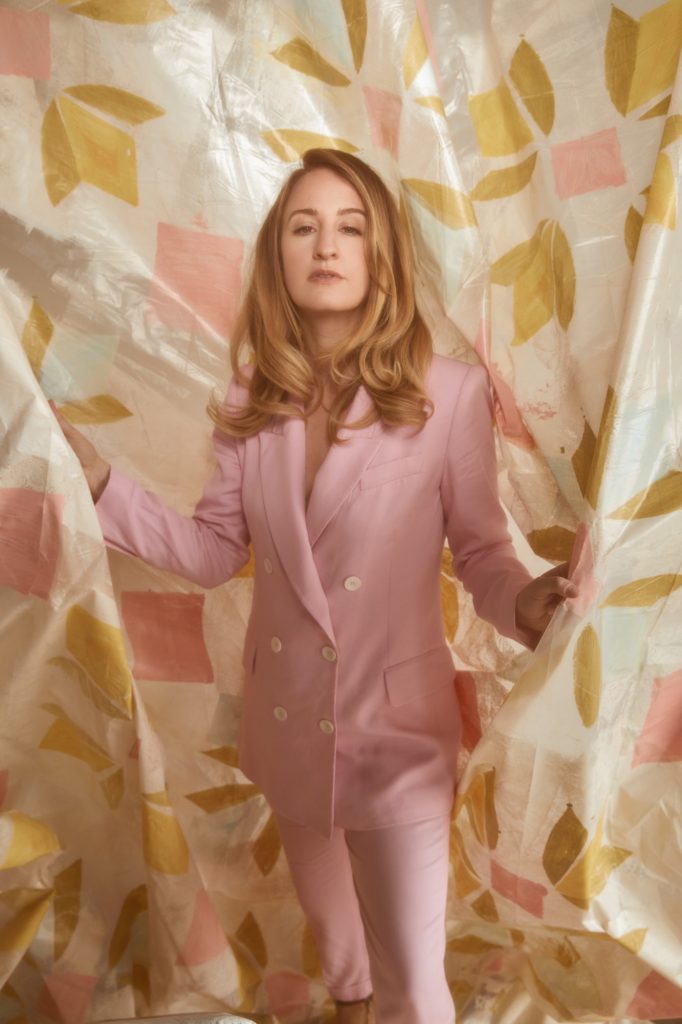
Though you’re not technically “Southern,” a lot of your music grapples with this very Southern idea of generational wealth and breaking the chain—this idea that if just someone in the family would catch a break, maybe things would get better, maybe you’d “Get back the farm.” Do you feel like you’ve caught that break? Do you feel like you’re there now?
Well I definitely can’t complain financially. I guess I feel like I’ve shown all those people in high school who said, “You’re a loser. What are you doing? Are you gonna get a real job ever?” I guess I feel like I’ve shown them that I can make a living off my own two hands. I think that’s not only a Southern ideal, but I think that’s all over America . . . I think everybody wants to rise above the lower middle class, which has all kind of become one thing now. I don’t know that I’ve captured the American dream, but I’m sure glad that I went out and chased what I believed in and got a little piece of the pie.
Margo Price will play the Ryman Auditorium May 19, 20, and 23 and is on tour now through September.

